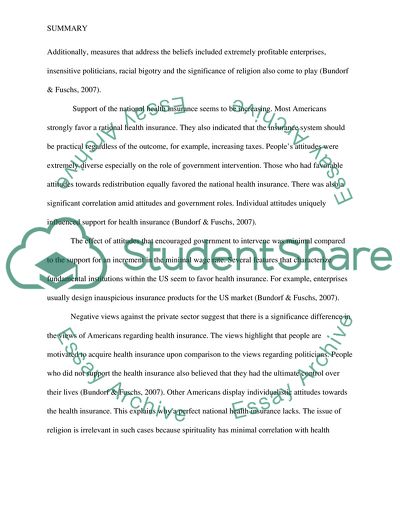Public support for national health insurance:the role of attitudes and Essay. https://studentshare.org/medical-science/1787668-public-support-for-national-health-insurance-the-role-of-attitudes-and-beliefs
Public Support for National Health insurance:The Role of Attitudes and Essay. https://studentshare.org/medical-science/1787668-public-support-for-national-health-insurance-the-role-of-attitudes-and-beliefs.


